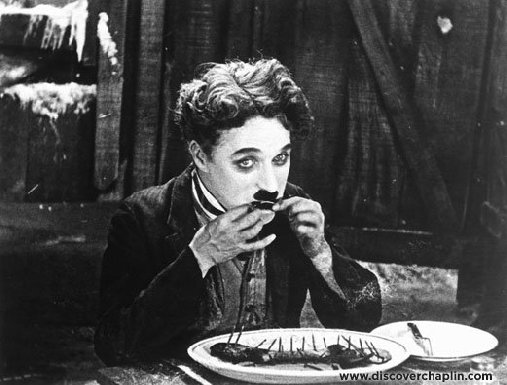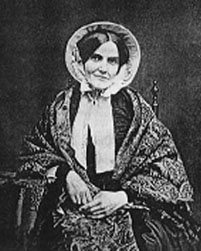Or, Greenscreen was all my JoySo we are to be treated to a
Hollywood version of The Shakespeare Authorship Question at last. Roland Emmerich is directing
Anonymous, a full-scale re-telling of the SAQ in its latest incarnation, that is, that The Earl of Oxford, a/k/a William Shake-speare, wrote just about everything from
Piers Ploughman to
Hellzapoppin, by way of the King James Bible. Furthermore, he is supposed to be the son of Queen Elizabeth, and the father of henry Wriothesley, the Earl of Southampton by the same woman, which is making this story seem about as plausible as the plot of
Götterdämmerung. However, having once produced a television program on the same topic, albeit without the characters descending to incest and Queenophilia, I am keeping an open mind about it.

But when we read that Emmerich doesn't know much about the era, nor read much Shakespeare - does he care enough to be a good director for this touchy subject? Or will this be the 16th century version of Oliver Stone's
W?

When
John Thomas Looney wrote his groundbreaking book "'Shakespeare' Identified in Edward de Vere" in 1919, it was a bombshell of a book, creating enormous controversy and discussion, polarizing the academic community and paralyzing those who couldn't explain it all away with a dissertation. Many years later, Dorothy and Charlton Ogburn wrote a book, "This Star of England"—a huge tome by the way, which tried to put
Looney's work into perspective, and give a fuller picture of the Earl of Oxford and why they believed he was the true author of Shakespeare's works. While this book was not as hot a property as Looney's (and their names not as much a target for ridicule), their son,
Charlton Ogburn, Jr., also wrote several books on the subject, his masterpiece being "
The Mysterious William Shakespeare." It was this book that prompted William F. Buckley, Jr. to have Ogburn on his "Firing Line" program, which I saw one winter morning, and which interested me in the Authorship Question enough to buy just about every book on the subject and borrow the rest.
What I discovered was that since the days of
Delia Bacon, who insisted that Sir Francis Bacon (not a relative -- depends whom you ask) was the real author, there were those who tried to give some real scholarship behind it all. There were also those in the lunatic fringe who believed that whatever they felt like believing was the truth, then began to shore up their beliefs with "evidence."
Again, I do keep an open mind (and, my friends point out, have a hole in my head to prove it); but some of the "evidence" to support the ideas of every braincramp that comes from the conspiracy-theoristas can be appalling as well as amusing. Added to that, the academicians start to froth at every orifice, and the battles-royal are terrifying in their scope and wrath. Early on (internetwise), Professor Hardy Cook's
SHAKSPER Listserv had some lively discussions on the topic, but the venom that eventually seeped from the traditionalists was sometimes a sight to see, since they could not repress those who thought they were storming the Bardian Bastille. Eventually, I think, all Oxfordians were banned from the moderated list.
Theoristas do tend to go on at length. Delia Bacon's book weighs in at more than 500 pages; so do the Ogburns'
magnae chartae. But one of the most inventive is actually a slender volume by Ralph L. Tweedale titled "Wasn't Shakespeare Somone Else?" (a coy title if there ever was one). Ralph believed that if you take all the instances of the letters "V E R E" including "W E R E" and "V E R" and a few other permutations, and circle them in the
SONNETS of 1609, you can connect the circles with lines and lo and behold, large forms of letters appear in each sonnet, spelling out secret messages...










